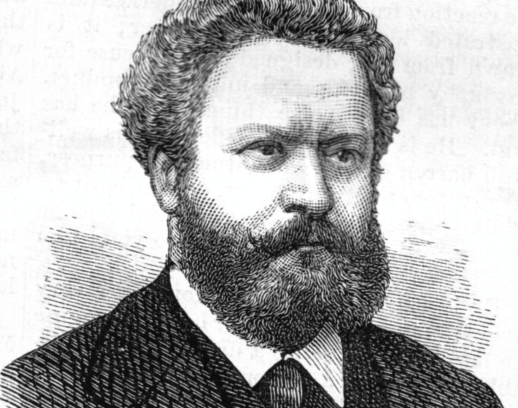The utility clearest to all eyes is that residing in material things. Man understands without any effort that a bird in the hand is worth two in the bush, and that it is still more useful when leaving the spit. It is needless to tell you that first the sportsman and then the cook have added a surplus value to the bird. If I put before you a ton of pig-iron worth fifty francs, and then a ton of fine needles, worth ninety thousand, you will instantly see the enormous supplement of utility which the work of men has added to the metal.
But there are other benefits of which the utility is not as directly visible to our eyes, though it be at least as great. An impalpable, invisible, imponderable idea is often more useful than a mountain of benefits clear to the naked eye. Man is a thinking body; his hands have done much to render the earth inhabitable, but his brain has done a hundred times more.
Edmond About, Handbook of Social Economy; or, The Worker’s A B C (New York: D. Appleton and Company, 1873), pp. 27 – 28.
